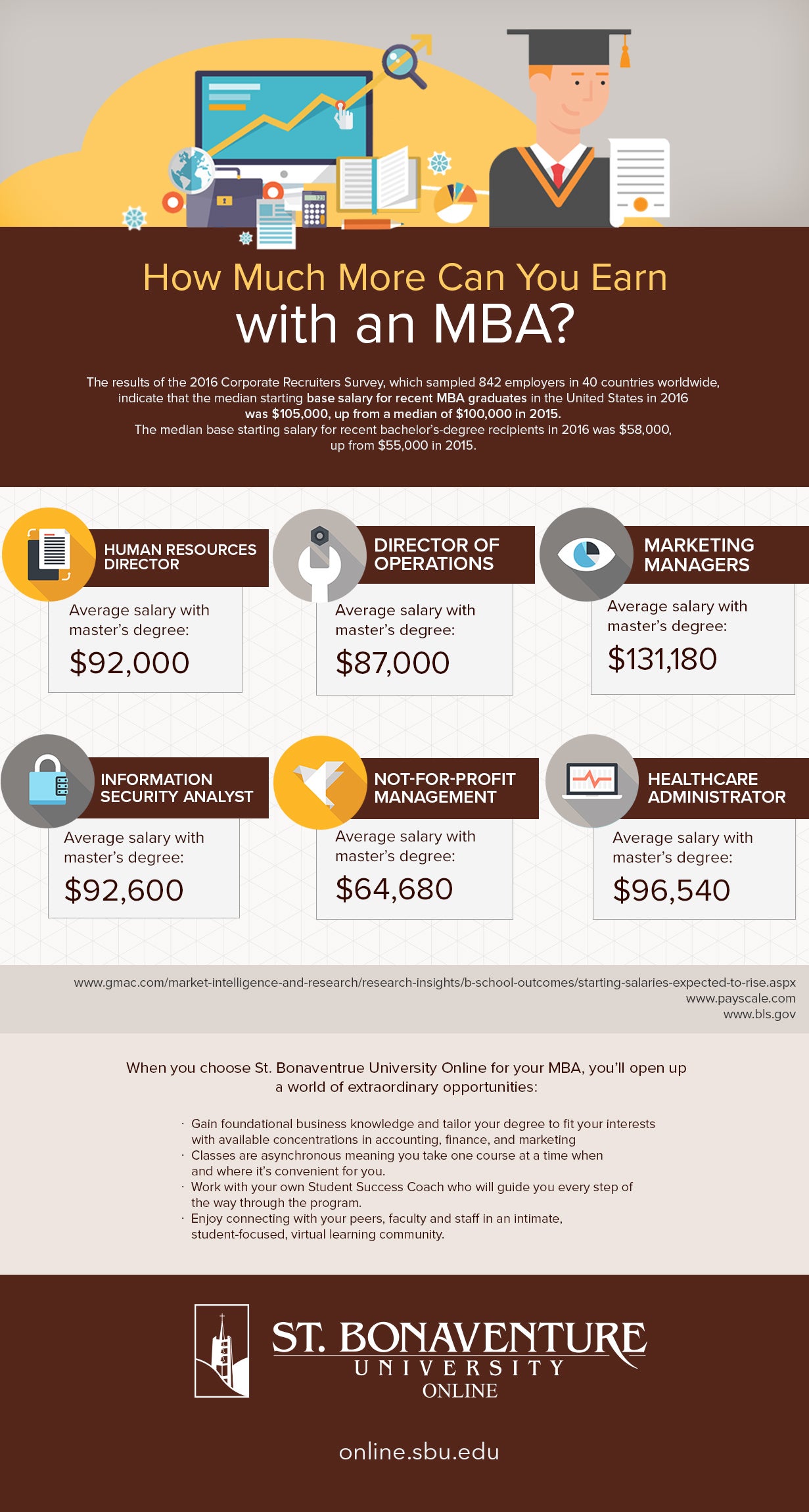
In today’s world of online learning, you have no excuse for not improving your job skill set. You can gain the skills to improve your career without ever leaving the house. In many cases, you can learn from your smartphone, so you don’t even need a computer. Here are a few ideas:
Learn a Language
Learning a new language is easily done from home, even if you’re on the lazy side! There are some great tools for helping with language learning from home which include apps and online courses. The great thing about learning a language online is that you can also talk to people who speak the language to help you develop a better understanding. Even if you just do short sessions while watching Netflix or while you’re waiting for dinner in the oven – it can all make a difference to your language skills.
Improve Your Typing Speed
They say that practice makes perfect, and while you might already have an excellent set of skills, it doesn’t hurt to brush up on them once in a while. Typing is a fantastic example – do you know what your typing speed is? Download the KeyKey Typing Tutor for Mac and get practicing! When it comes to your skillset, there’s always room for improvement, so be sure to spend some time making yours as sharp as possible.
Become a Social Media Whiz
The majority of businesses now use social media as a marketing tool, and knowing how to navigate your way around them can be a bonus when it comes to applying for new jobs – especially within smaller companies. Having social media skills can help you with many types of job roles, as well as help you develop your own networks. Use your own channels to experiment with creating content and you’ll soon feel more confident about getting creative with social media.
Take an Online Course
If you want to really boost your career and skills, then an online training course could be the way forward. Some formal training looks great on your resume and could help equip you with the skills and knowledge needed to move up the career ladder. Most online courses can be completed in your own time, so it’s a good thing to have to dip into now and then to help you accommodate your other commitments.
Related Posts
Growing your skills at home is a good way to take your career progression seriously and ensure that you equip yourself with the best job skills to help your future prospects. Why not set a challenge to yourself to learn something new and set yourself goals to help you stay on track? Learning keeps your skills on point, but it can also be a lot of fun and something different to what you usually do with your free time.
Save to Pinterest













